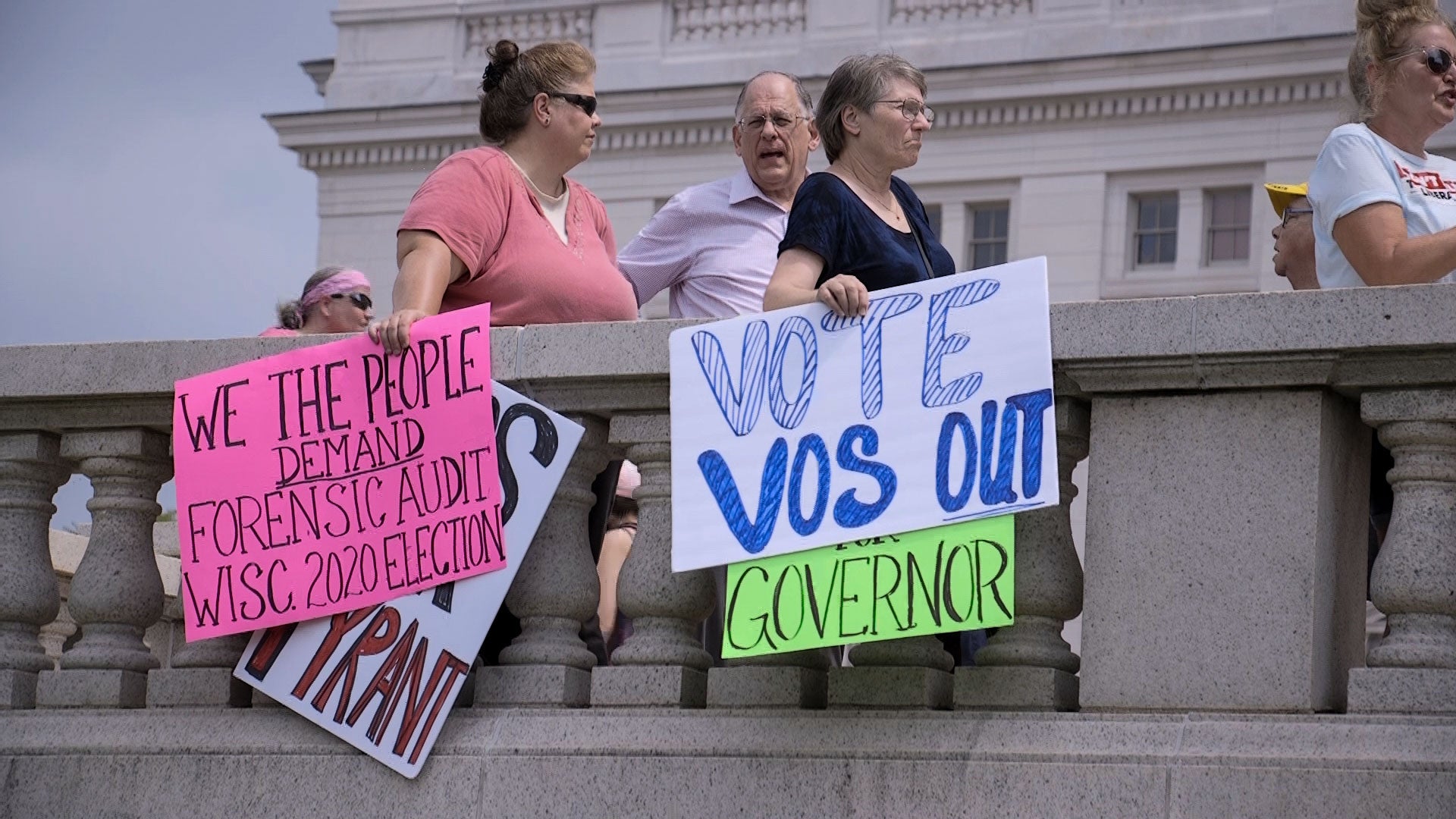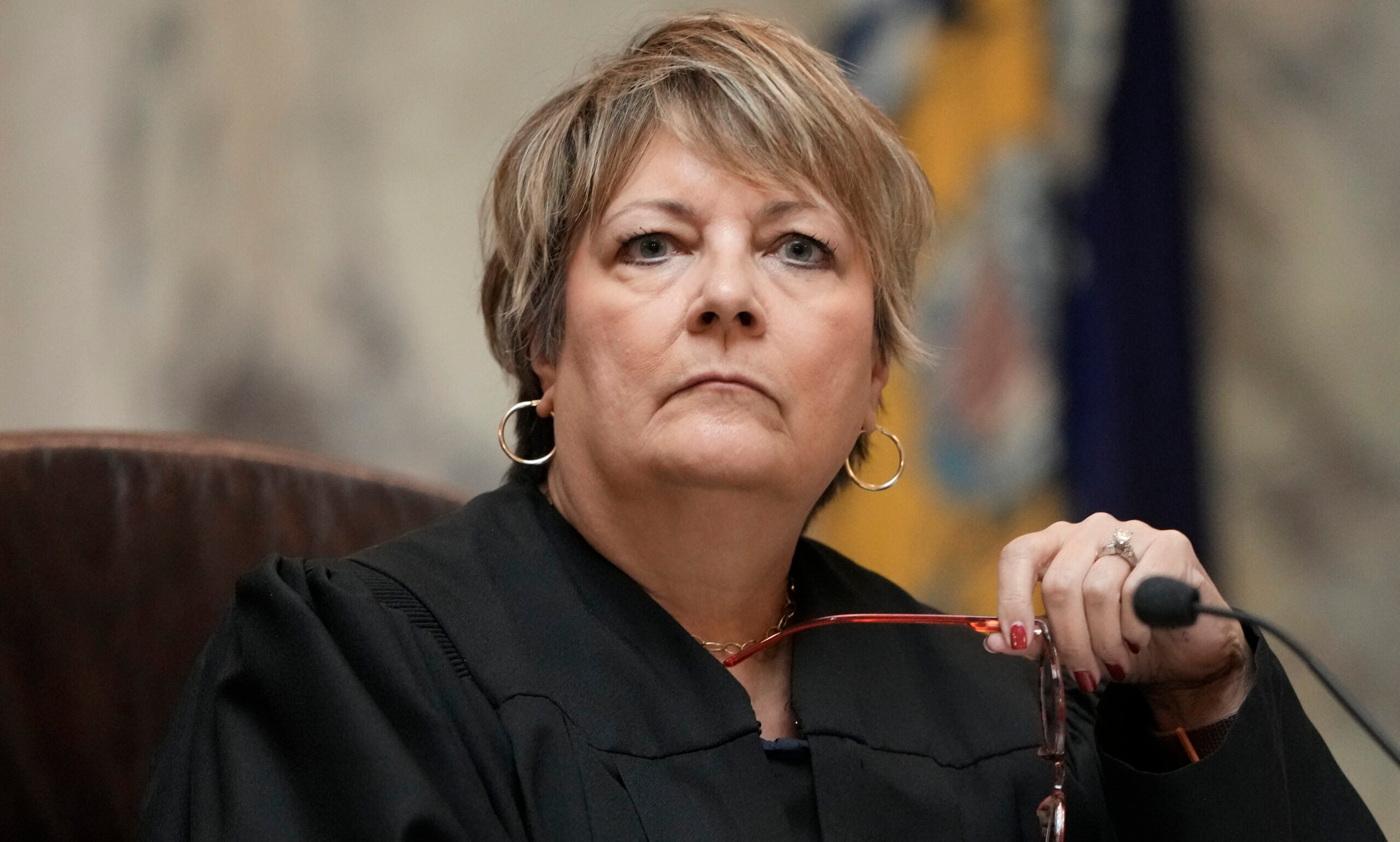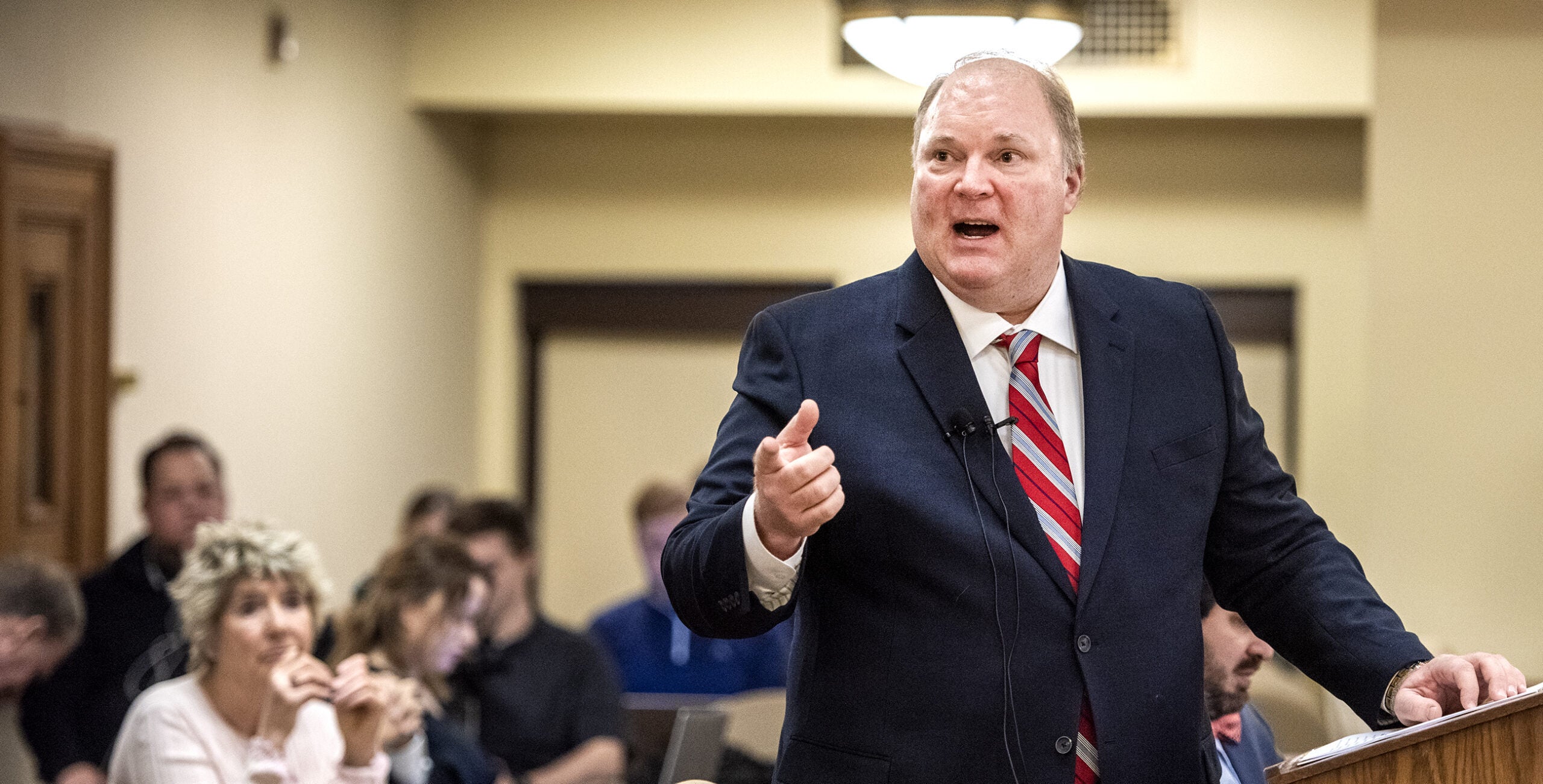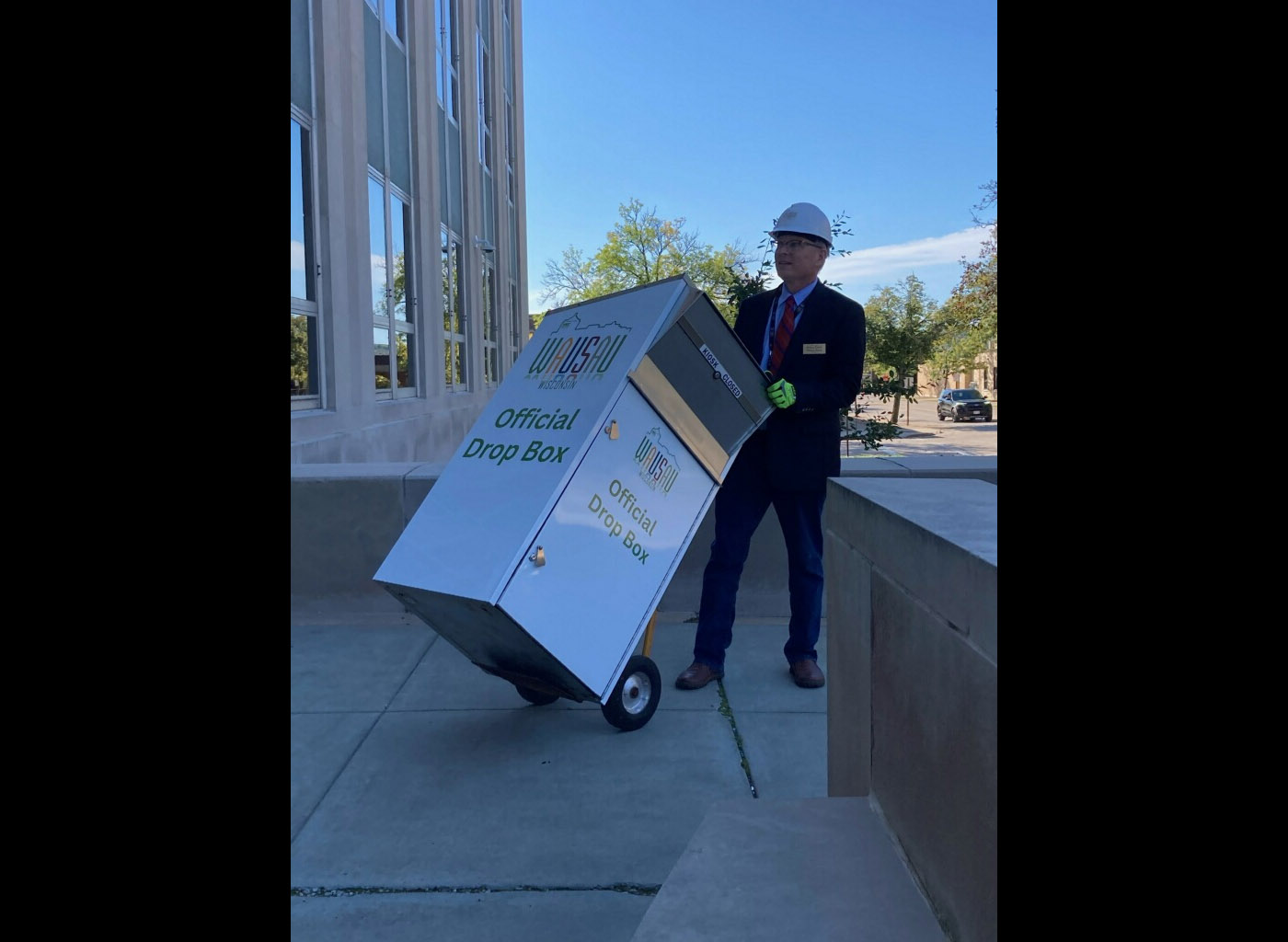Republican state lawmakers gave the go-ahead Monday for a former state Supreme Court justice to lead an additional investigation into the 2020 election in Wisconsin.
A GOP-controlled state Assembly committee voted 5-3 along party lines, with Republicans voting in favor and Democrats against, to approve former conservative justice Michael Gableman as special counsel to oversee the election investigation.
Under the authorization, Gableman will be authorized to aid the Assembly Committee on Campaigns and Elections and hire private investigators and other staff for the probe, if necessary. The investigation is authorized to spend up to $680,000 in taxpayer money, according to an Associated Press report, but that figure could be increased in the future. Lawmakers voted on the plan without holding a public hearing.
News with a little more humanity
WPR’s “Wisconsin Today” newsletter keeps you connected to the state you love without feeling overwhelmed. No paywall. No agenda. No corporate filter.
Earlier this year, Gableman, who left the Wisconsin Supreme Court in 2018 after a 10-year term, traveled to Arizona to learn about a controversial election audit there. He also attended an event in South Dakota hosted by MyPillow founder Mike Lindell where a number of refuted claims about voter fraud were aired.
Gableman is a former chair of the Ashland County Republican Party and relied on support from Republicans to win his 2008 state Supreme Court race. During his time on the state’s highest court, Gableman wrote opinions that upheld former Gov. Scott Walker’s Act 10 collective bargaining law and shut down a semi-secret John Doe investigation involving Walker’s campaign.
Speaking at an event in Madison on Monday morning, Gov. Tony Evers called the election investigation “outrageous.”
“Apparently they’re all drinking the Kool-Aid,” Evers said. “What it tells me is that this is going to be wide-ranging — I think probably $680,000 is a minimum — and they’re going to be coming up with all sorts of things that just frankly aren’t true.”
Evers said the investigation amounts to “a lot of wasted money.”
The investigation is one of several ongoing or pending Republican-backed probes into the 2020 election. This effort was initially ordered by Assembly Speaker Robin Vos, R-Rochester, earlier this summer. Vos has received harsh criticism from some Republicans, including former President Donald Trump, who have argued he hasn’t done enough to look into potential problems with the election results. Vos spent time with Trump on the former president’s plane about a week ago. Afterward, he issued a statement saying, “we have doubled down on our top-to-bottom investigation by Special Counsel Justice Michael Gableman. We will do whatever it takes to help Justice Gableman uncover reports of systematic fraud in our forensic audit.”
Other ongoing or pending investigations into the 2020 election in Wisconsin include an inquiry ordered by the Legislature’s GOP majority from the nonpartisan Legislative Audit Bureau, an effort spearheaded by Rep. Janel Brandtjen, R-Menomonee Falls, and an inquiry by a group of private citizens.
Previous required state audits, a partial recount and numerous lawsuits failed to uncover any evidence of widespread fraud or wrongdoing in the election. According to the Wisconsin Elections Commission, local clerks in Wisconsin referred just 13 allegations of suspected fraud in the November 2020 election to district attorneys. Nearly 3.3 million votes were cast in the state.
Republicans have attempted to make several changes to voting laws in the state since November, but those efforts have been vetoed by Evers.
President Joe Biden won Wisconsin by about 21,000 votes — a margin similar to several other razor-thin statewide elections in recent years.
Wisconsin Public Radio, © Copyright 2025, Board of Regents of the University of Wisconsin System and Wisconsin Educational Communications Board.






